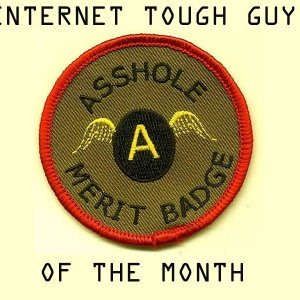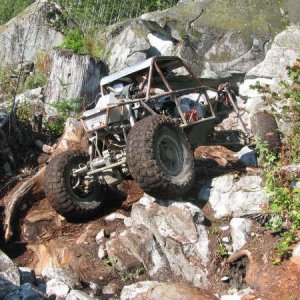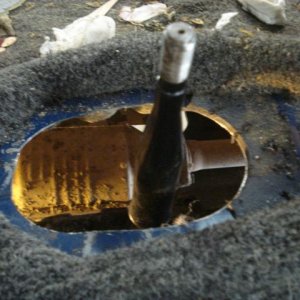zukkev
Cornfuzzled yet again...
10/19/09
Leonard, Thank you for your message regarding Recreational Immunity Law (RCW 4.24.210 - "liability of owners or others in possession of land and water areas for injuries to recreation users - limitations." 1967).
Legislative intent regarding the above is stated "Nothing in this section shall prevent liability of a landowner or others in lawful possession and control for injuries sustained to users by reason of a known dangerous artificial latent condition for which warning signs have not been conspicuously posted."
In 2001, the Washington State Supreme Court found in favor of the state in Davis v/ State of Washington explaining that an injured recreational user must prove all four elements in the injury-causing condition or the landowner is not liable: 1) known 2) dangerous 3) artificial and )4 latent.
Over the past six years legislation has been brought before the body addressing liability which have not been adopted. Several measures dealt with a access fee to be used in immunity statute. As this is of interest to you and family, I will keep informed whether something does come up in the 2010 session.
Thank you for bringing this to my attention.
Senator Dale E. Brandland
Bunny Hooper
Sr. Legislative Assistant
Senator Dale E. Brandland
360-786-7682
Interesting...









